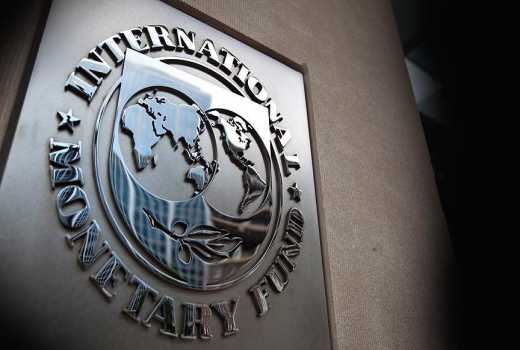×
The Standard e-Paper
Kenya’s Boldest Voice

A US research think thank has accused the World Bank and International Monetary Fund (IMF) of sitting pretty as African nations sink themselves into debts.
Brookings Institute said the two Washington-based institutions were instead waiting for a moment when one of the five major Sub-Saharan Africa economies, including Kenya, would sink into debt distress before acting.